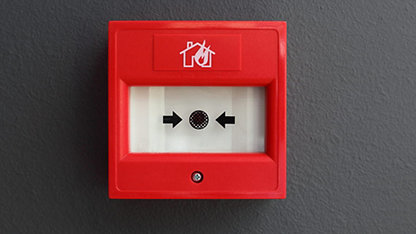The private rental sector (PRS) has been through significant challenges in recent years and with an estimated 5.5 million people living within it, what is needed now more than ever is confidence and stability in the market. With a range of reforms and new legislation planned, including the Decent Homes Standard, RICS is calling on the government to provide support and clarity over its implementation.
RICS welcomes the application of the Decent Homes Standard to the PRS, as we recognise that this will help to ensure that far more tenants are living in good-quality homes – an ambition that is arguably an integral feature of the government’s wider levelling up agenda. We are therefore supportive of this provision being included within the upcoming Renters Reform Bill.
In order to ensure that this policy best serves the interests of the private rented sector as a whole however, it is important that the government gives due consideration to the potential wider implications when finalising this policy’s implementation.
It is especially important that the application of the Decent Homes Standard does not inadvertently lead to more landlords exiting the market and thereby depleting the number of privately rented homes available for tenants in the future.
Recent data from the RICS Residential Market Survey shows that we are facing issues of a lack of supply coupled with high levels of demand in the private rented sector across the country, leading to increases in rents for already hard-pressed tenants. It is important that the application of the Decent Homes Standard does not further exacerbate problems around affordability for tenants, especially for those at the lower end of the market who have fewer options available to them.
Building more genuinely affordable, good quality homes would help those tenants who are already struggling with affordability in private rented sector as well as prospective tenants who are finding it difficult to access the market.
We are also conscious of the need to be especially mindful of how this policy may affect accidental landlords, who may find it more difficult to absorb the cost of getting their property up to standard than those landlords with a larger portfolio of properties.
In addition, the government will need to consider this policy within the wider regulatory landscape. There will need to be sufficient coherence between Decent Home Standard requirements in the private rented sector along with proposed changes to residential EPC requirements, particularly in the context of thermal comfort. It is vital that any legal obligations that landlords will be subject to are explained simply and coherently, without creating unnecessary complexity or the perception of excessive regulatory burdens for landlords.
RICS is calling on the government to give clarity on when the changes are likely to be introduced. Market volatility in the private rented sector has never been higher and landlords need clarity and confidence over the timings – especially with wider reforms and energy efficiency needs requiring significant planning and investment.
Landlords will need to understand what is expected of them and the timeline for implementation so that they can respond effectively and in accordance with key deadlines. Another question that will need to be addressed is how this policy will be enforced in practice, as having some form of enforcement process in place would arguably help to encourage compliance across the board.











